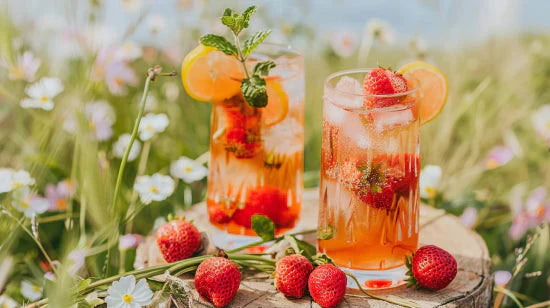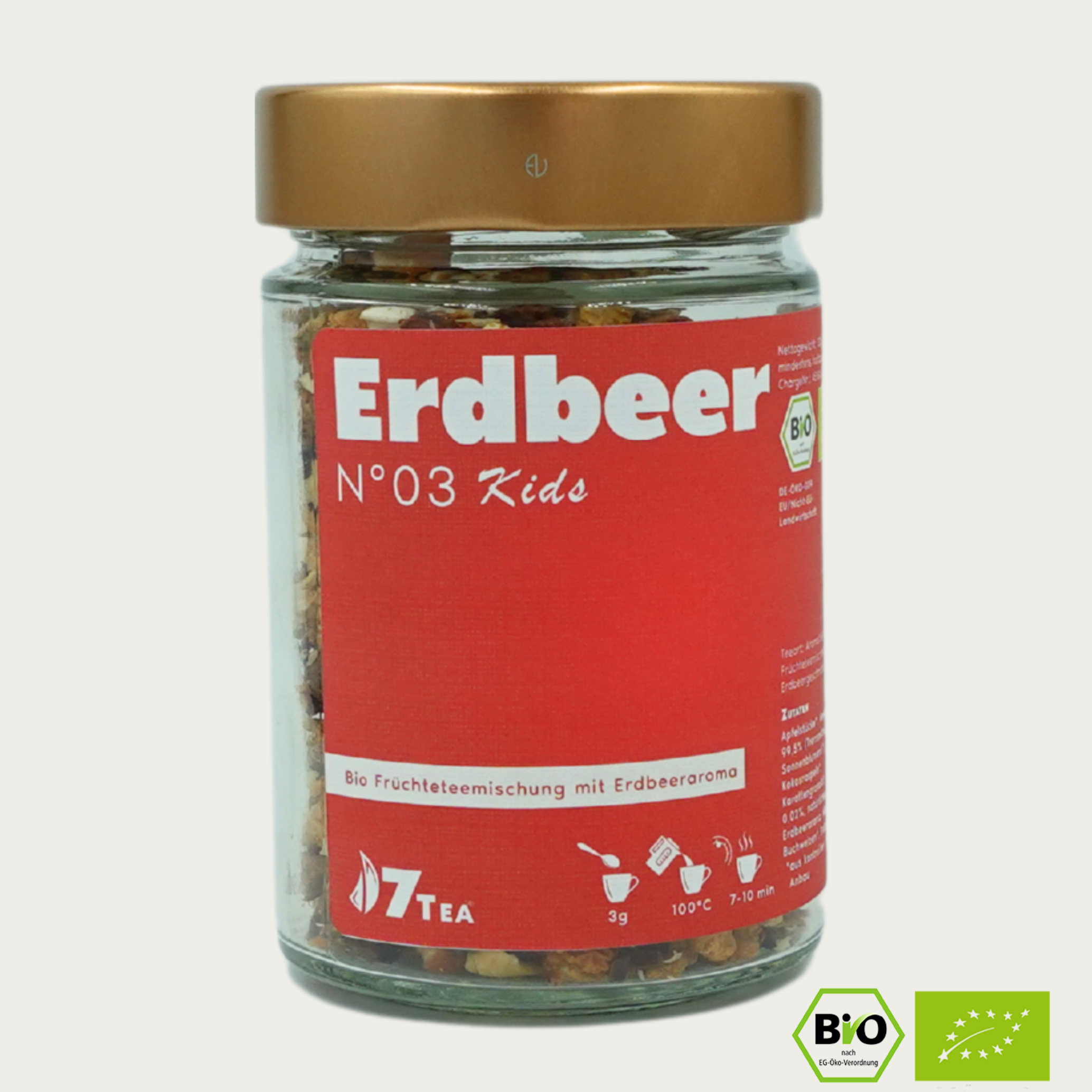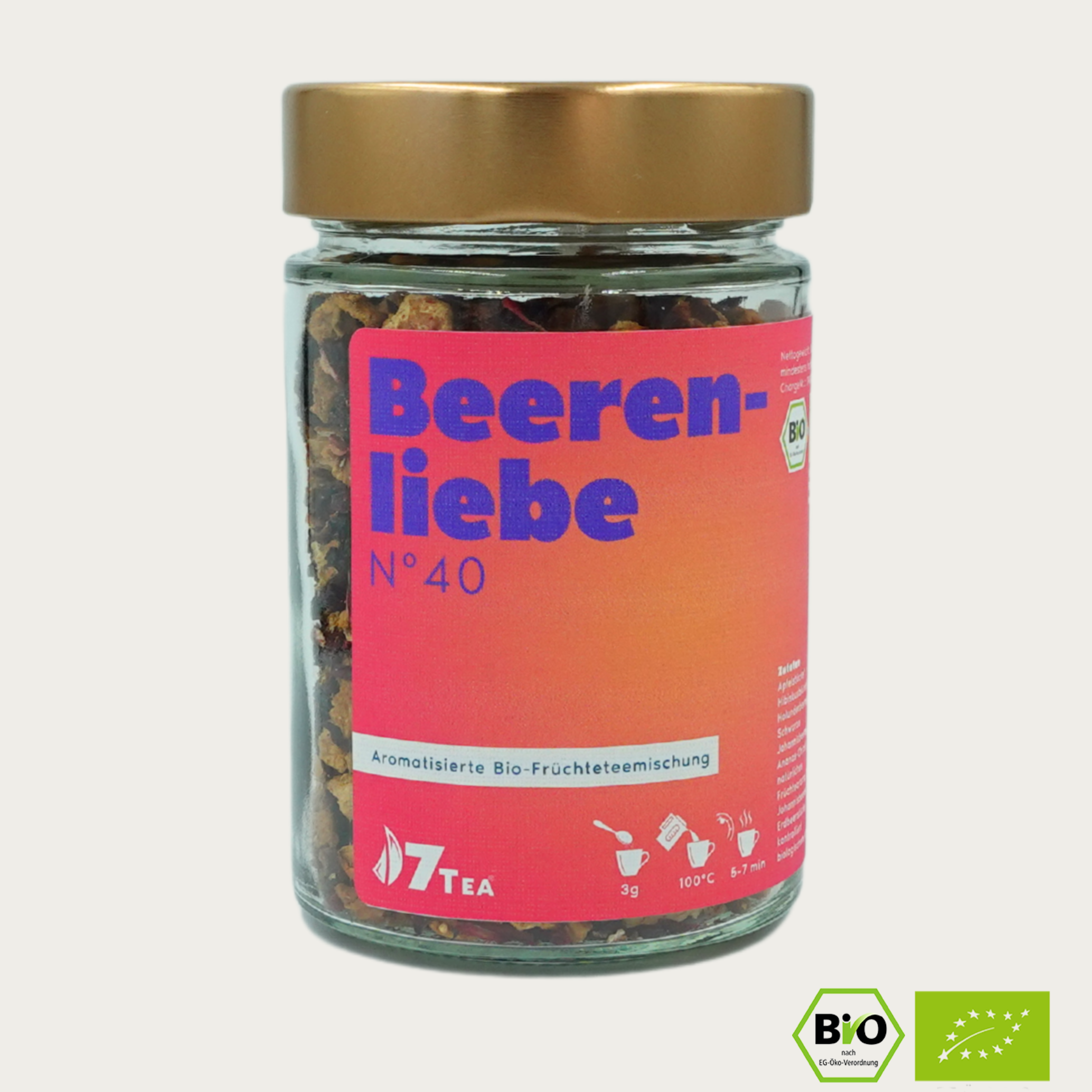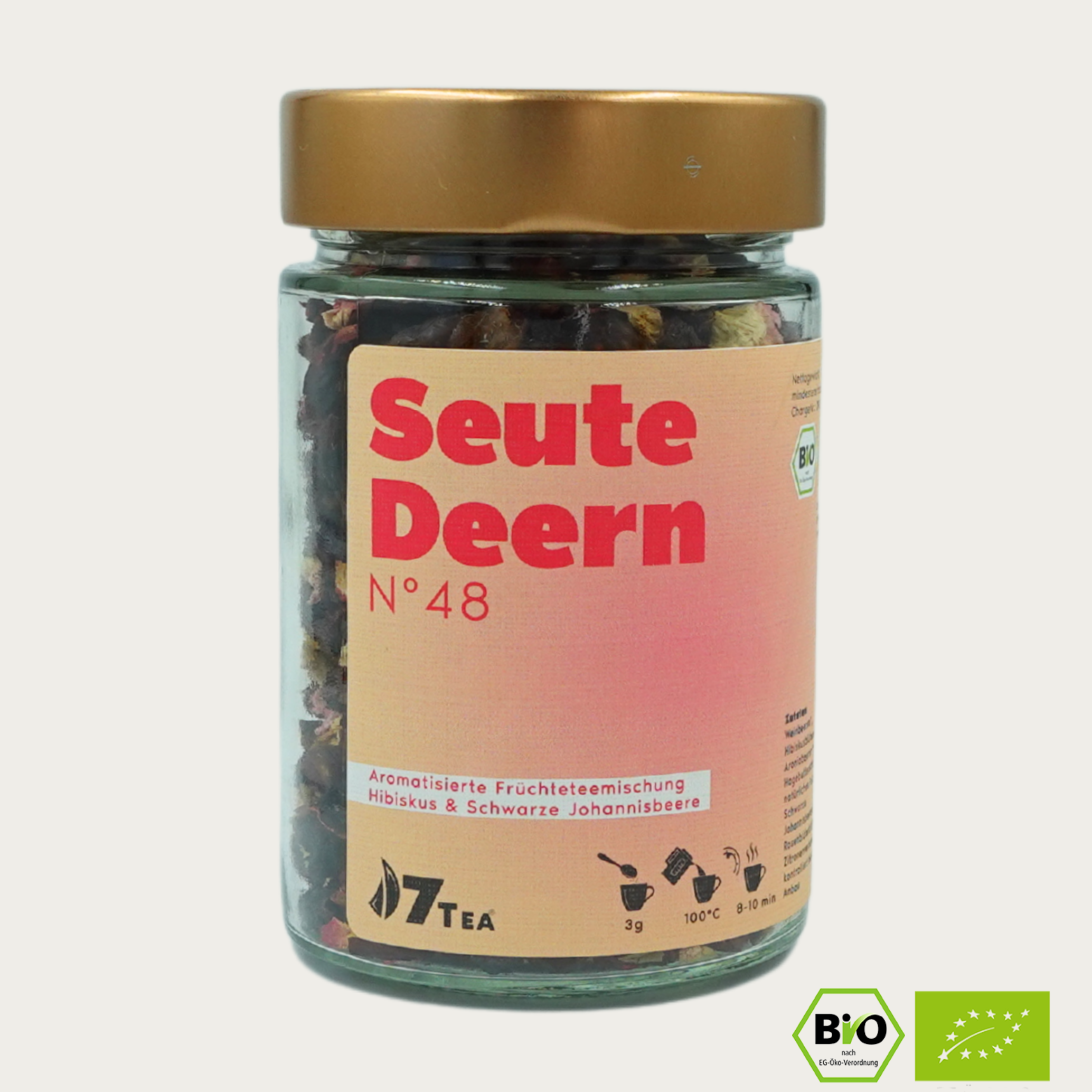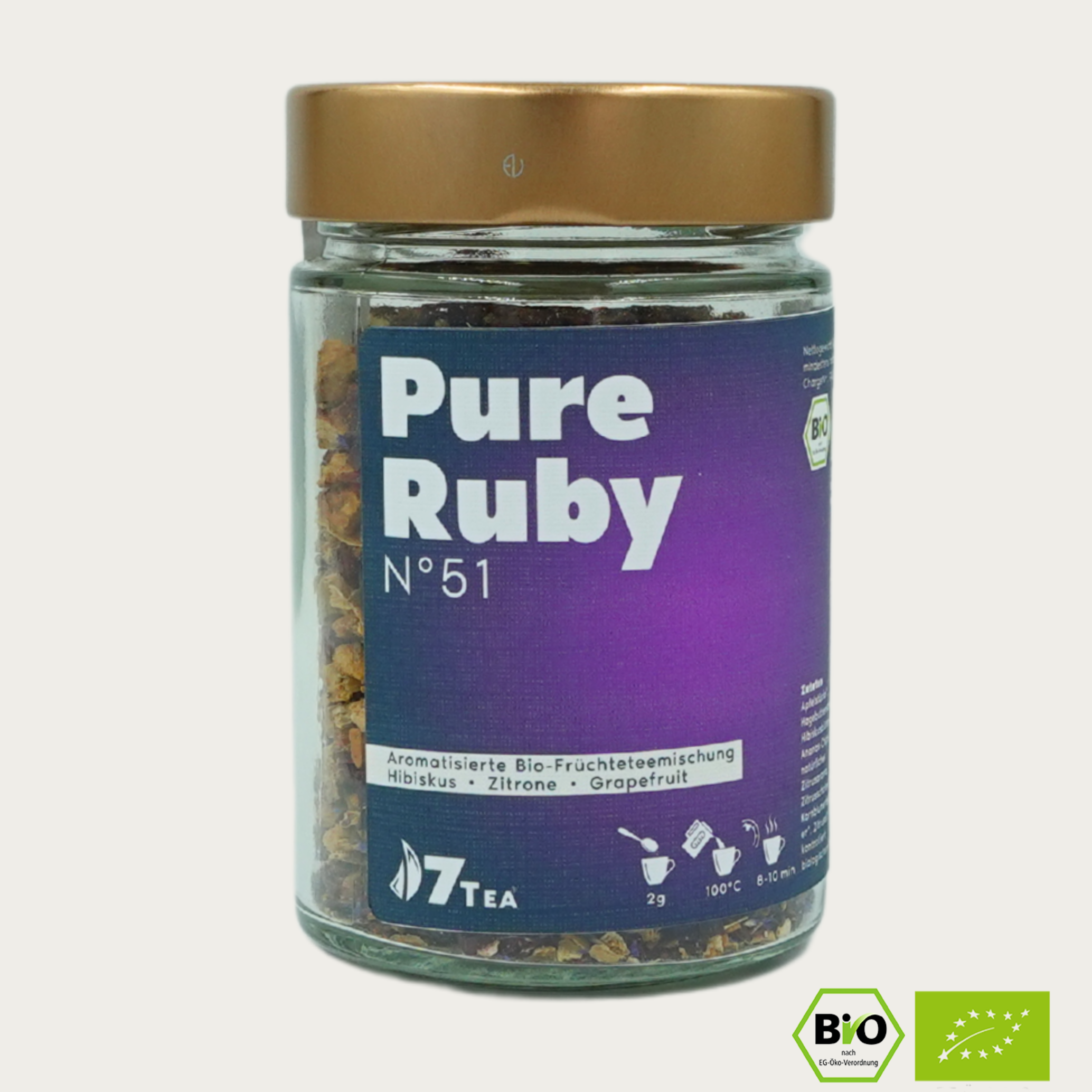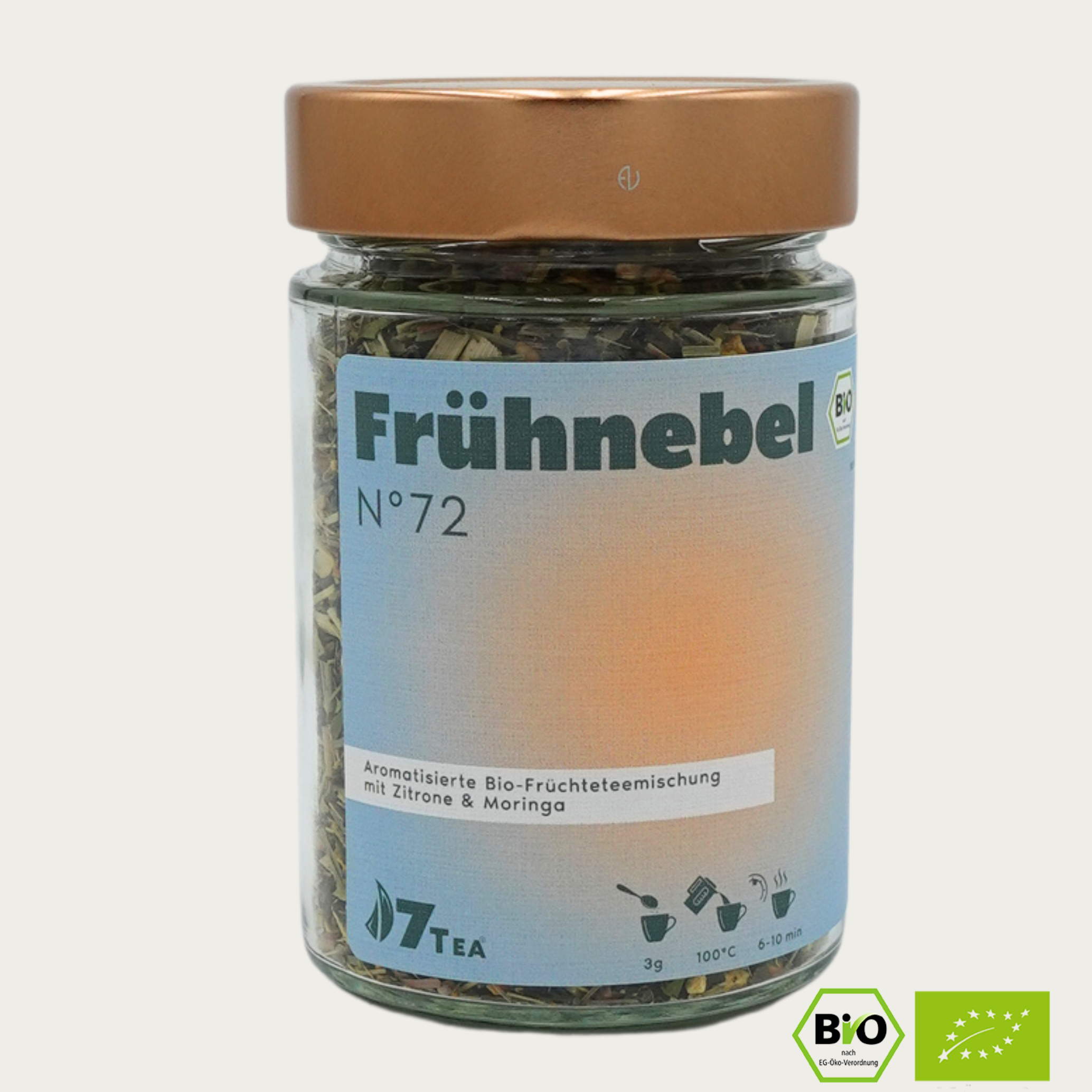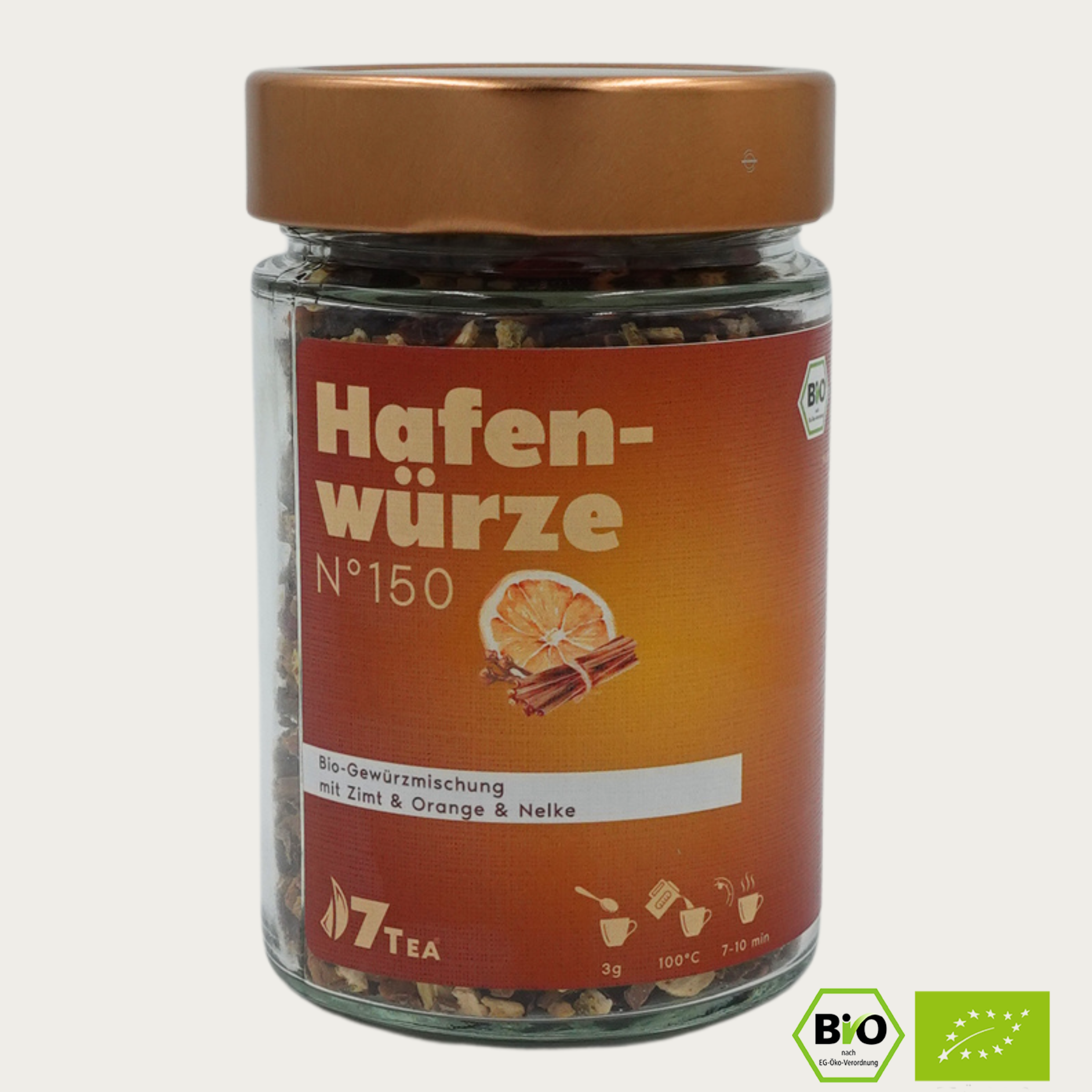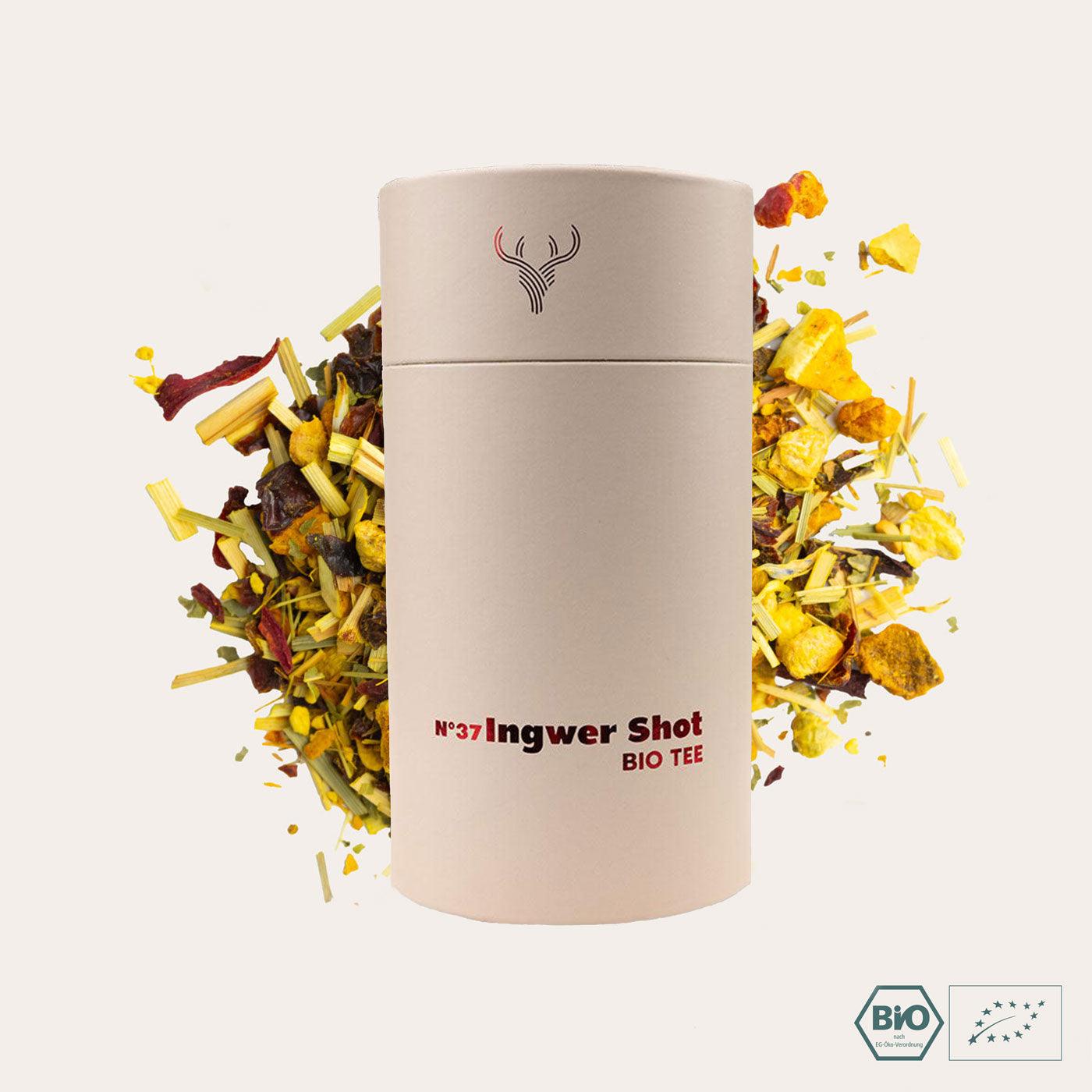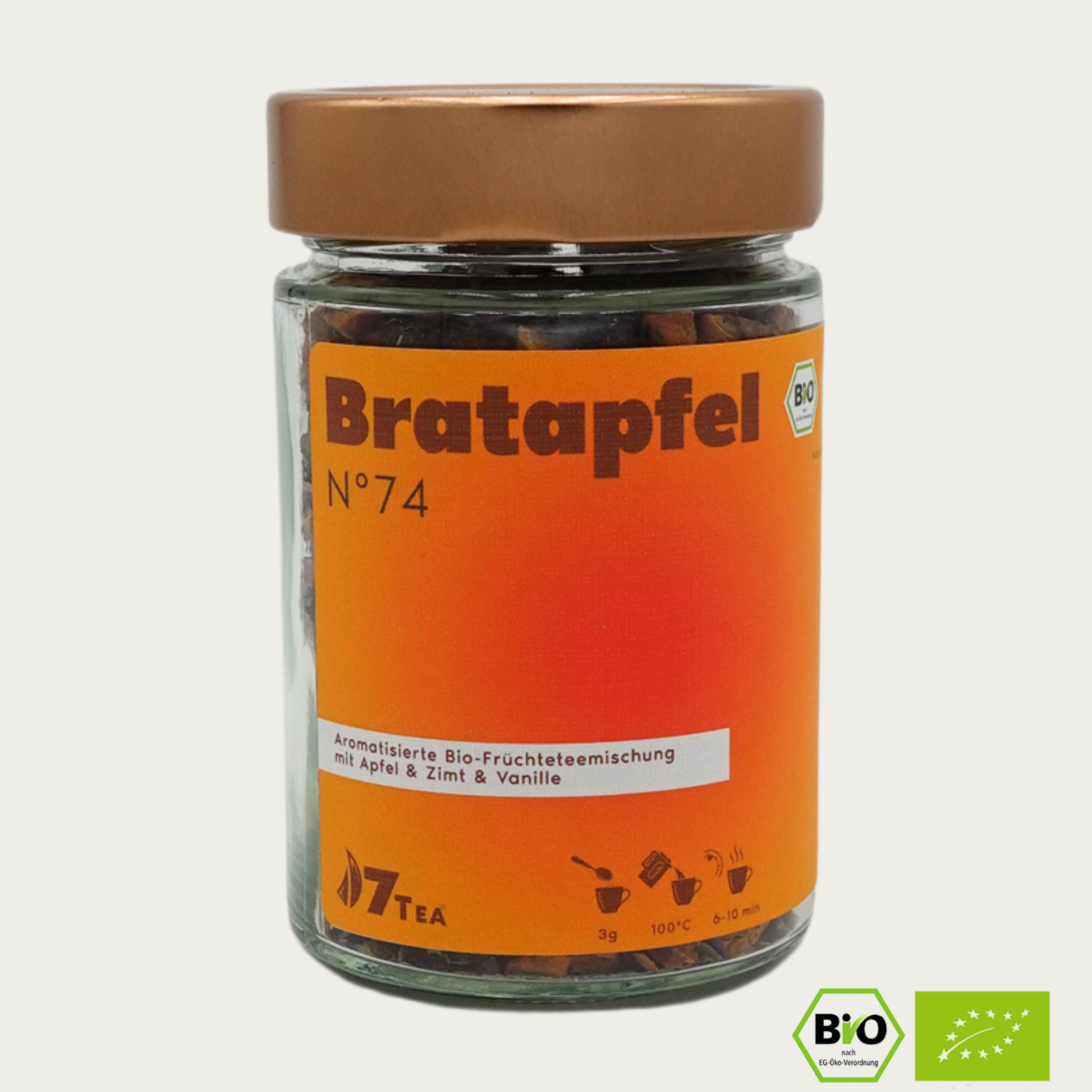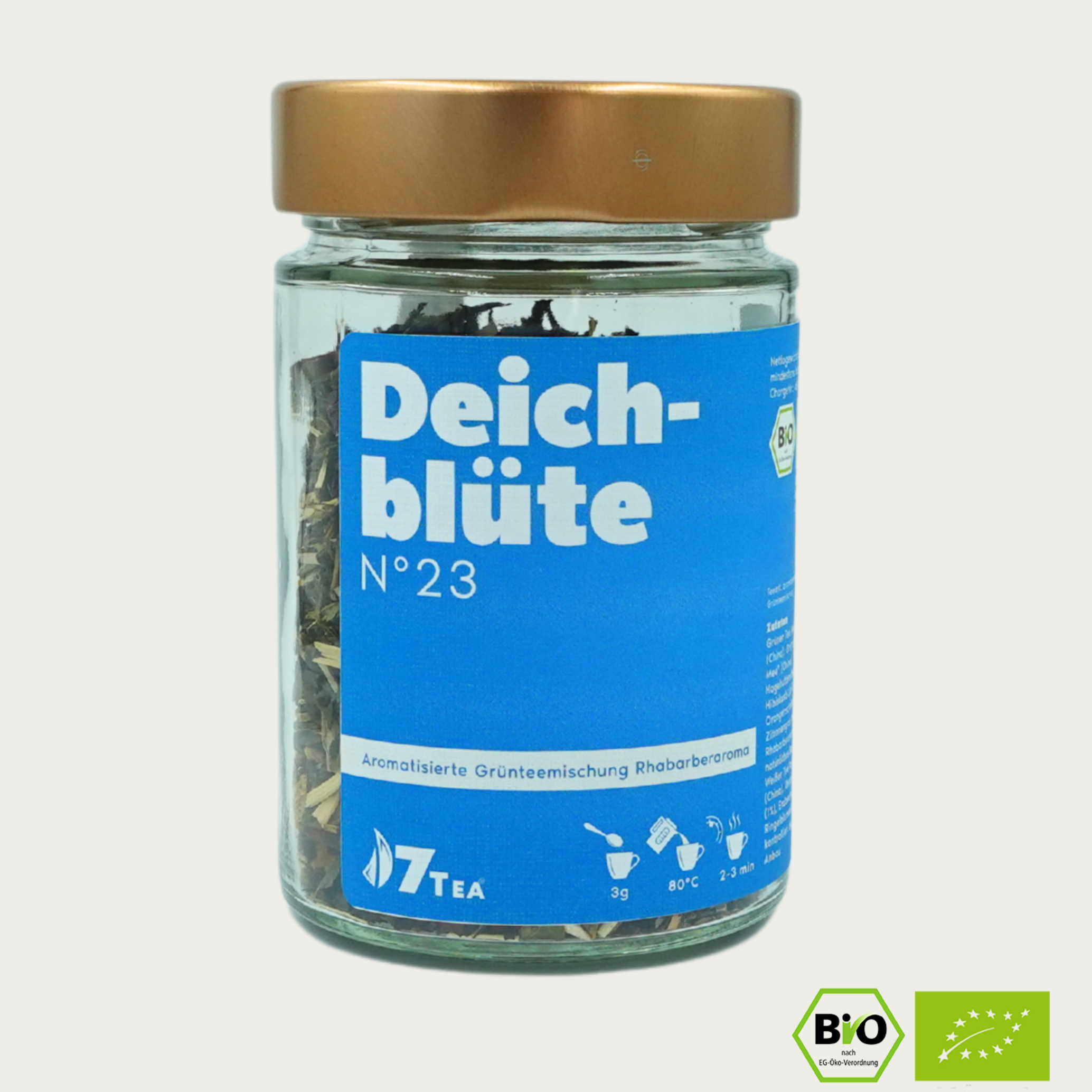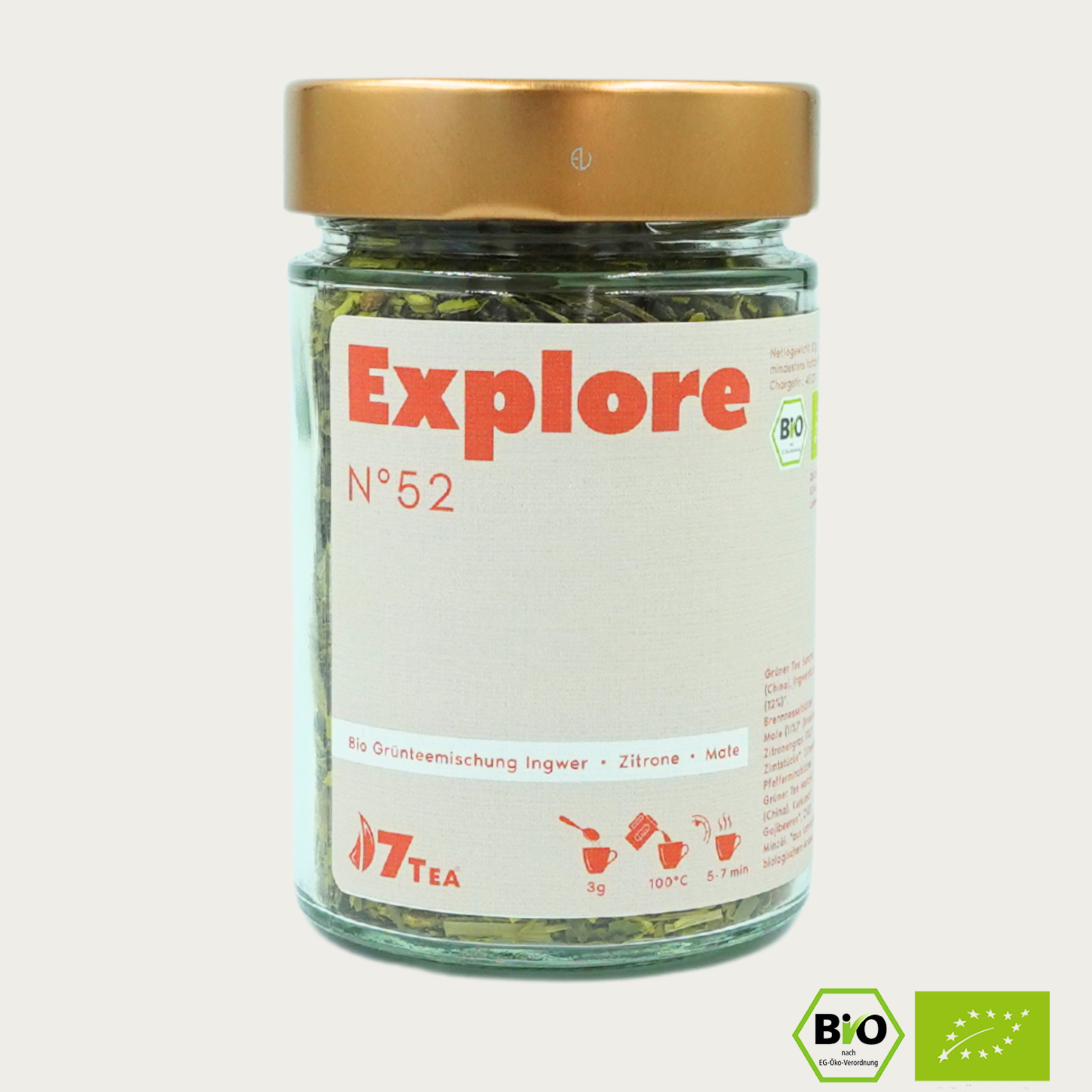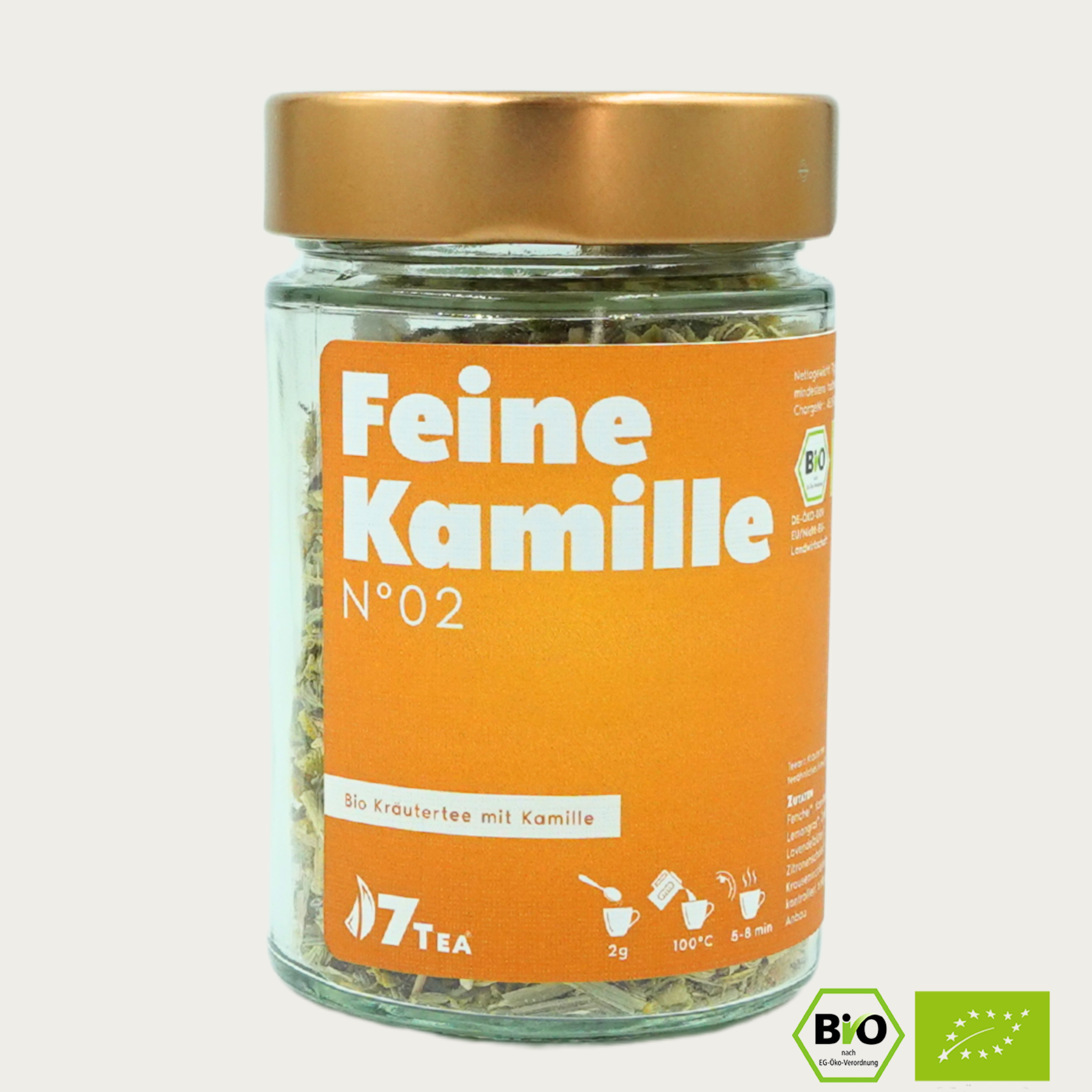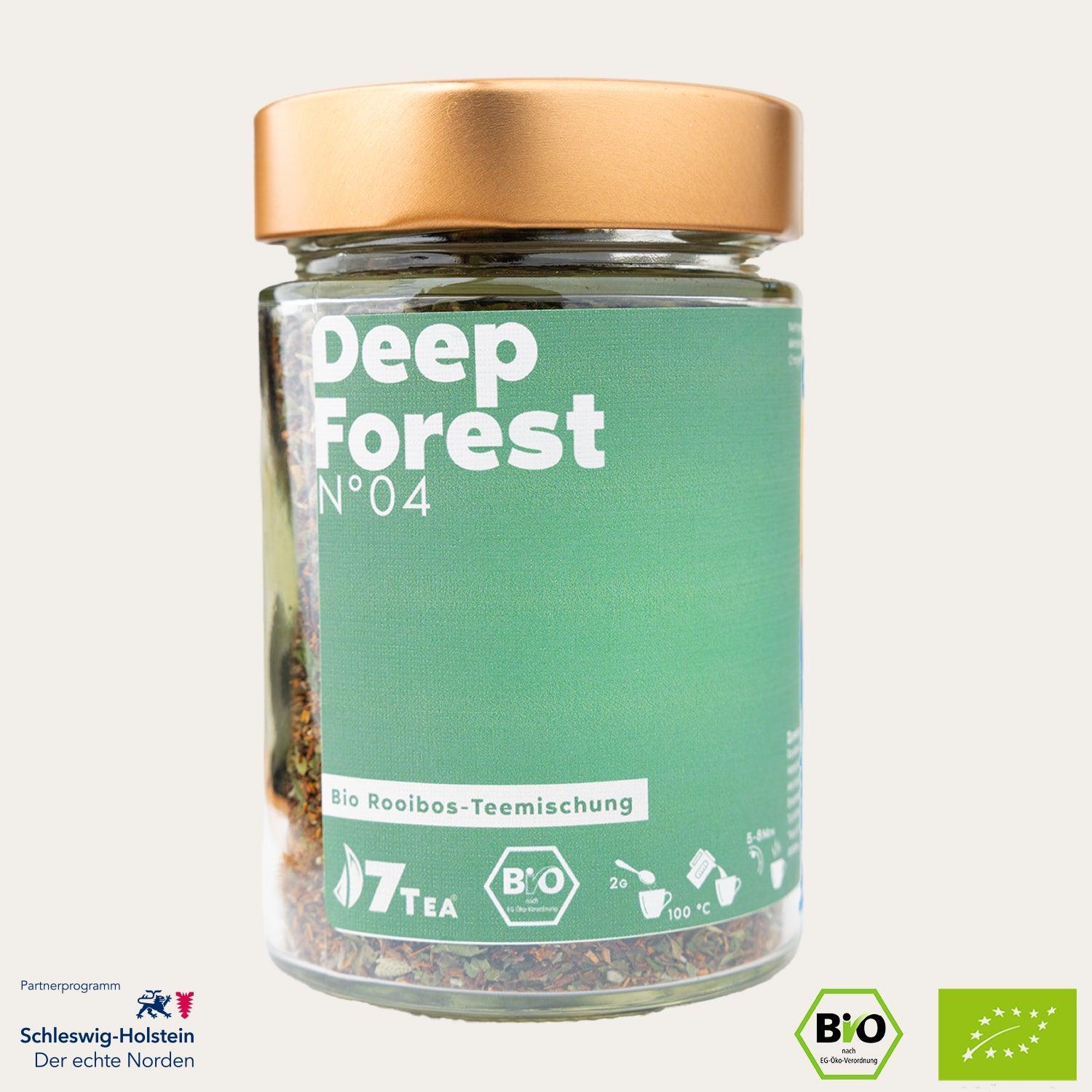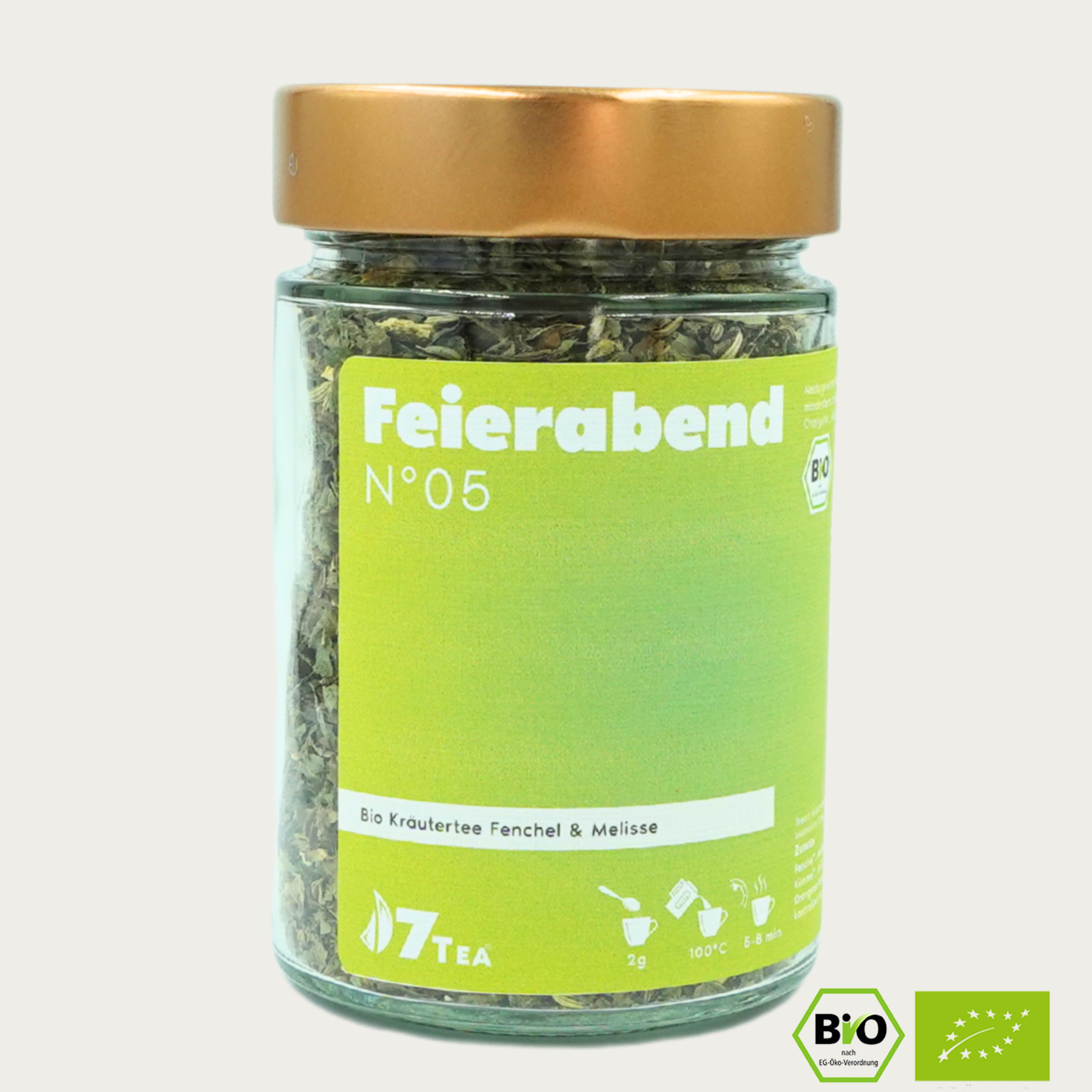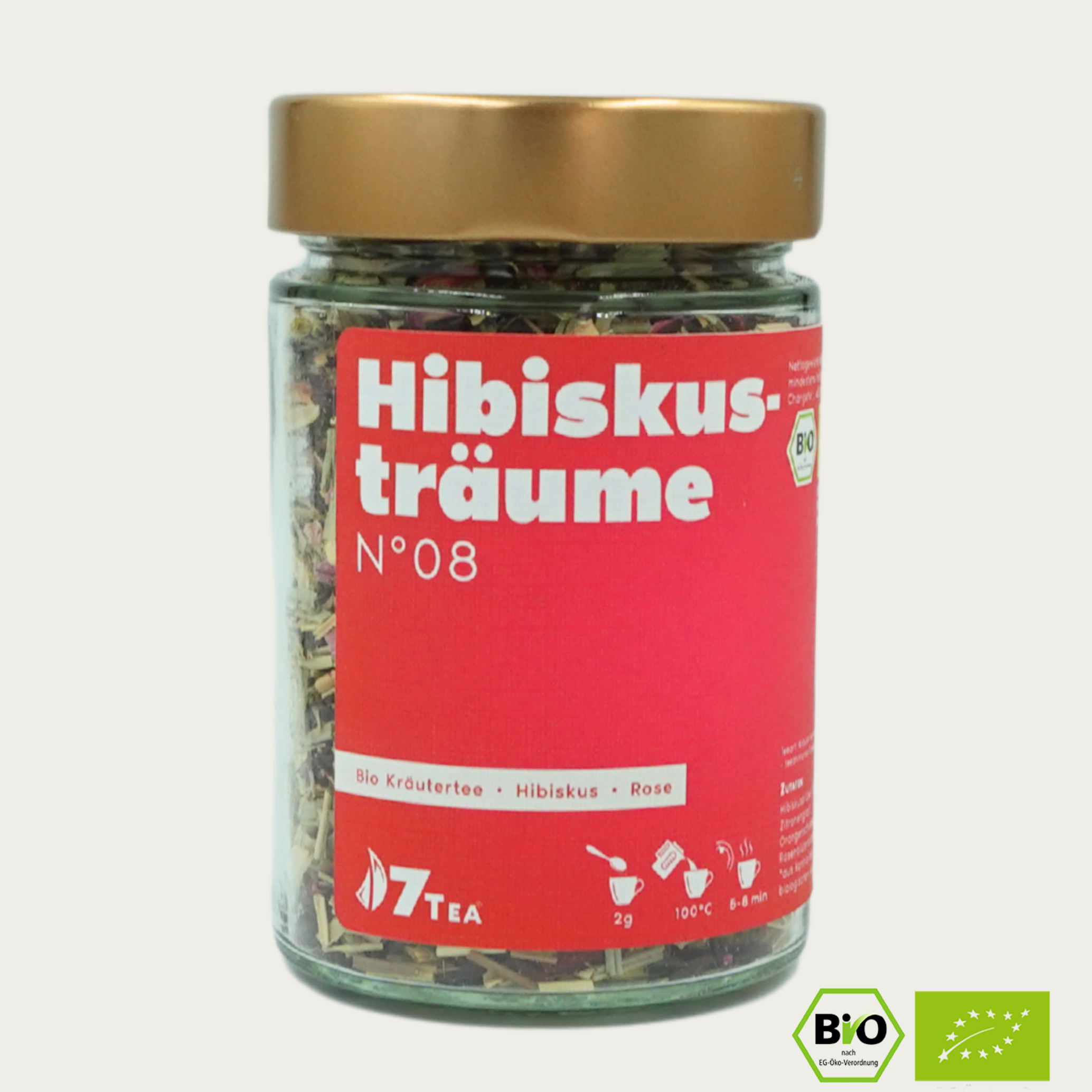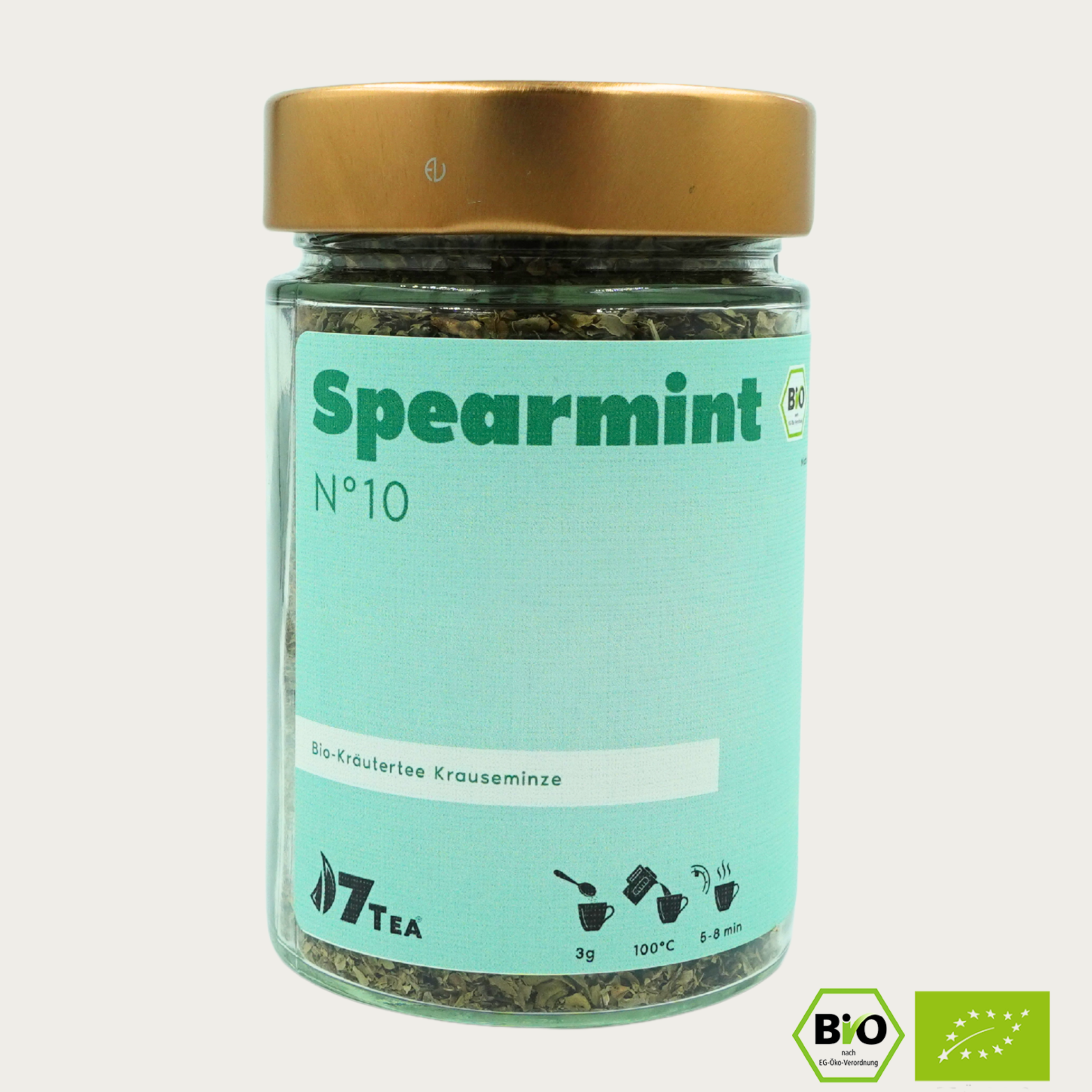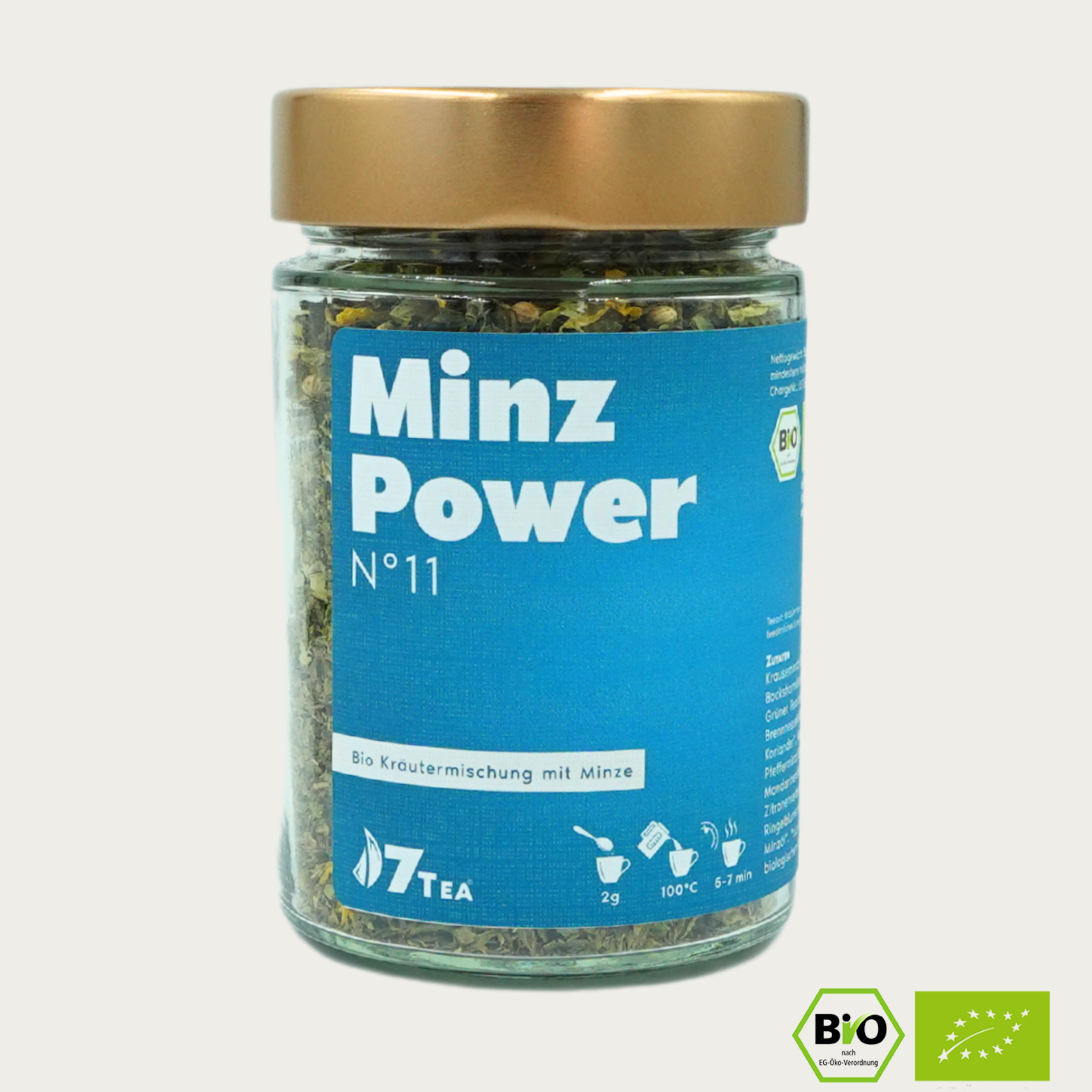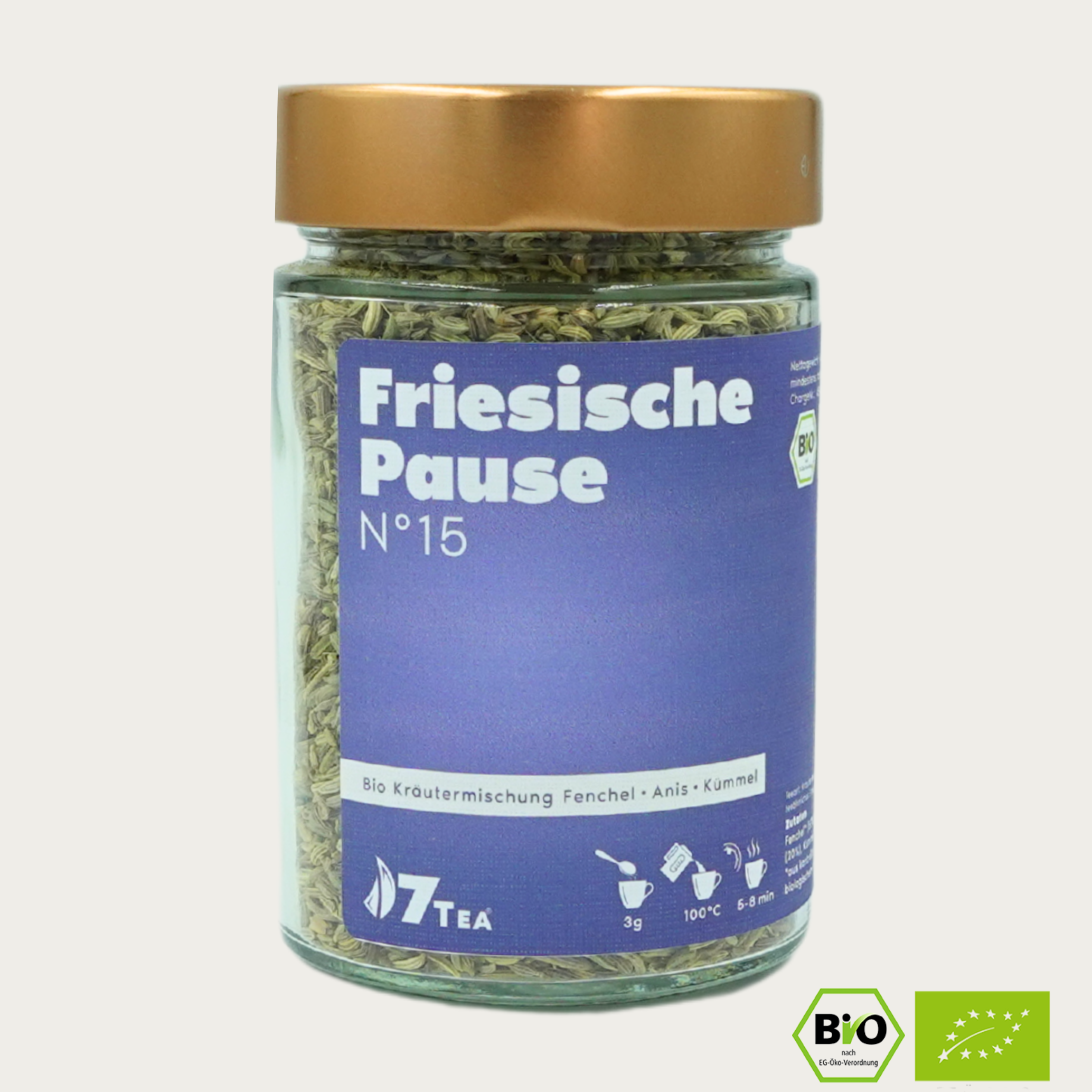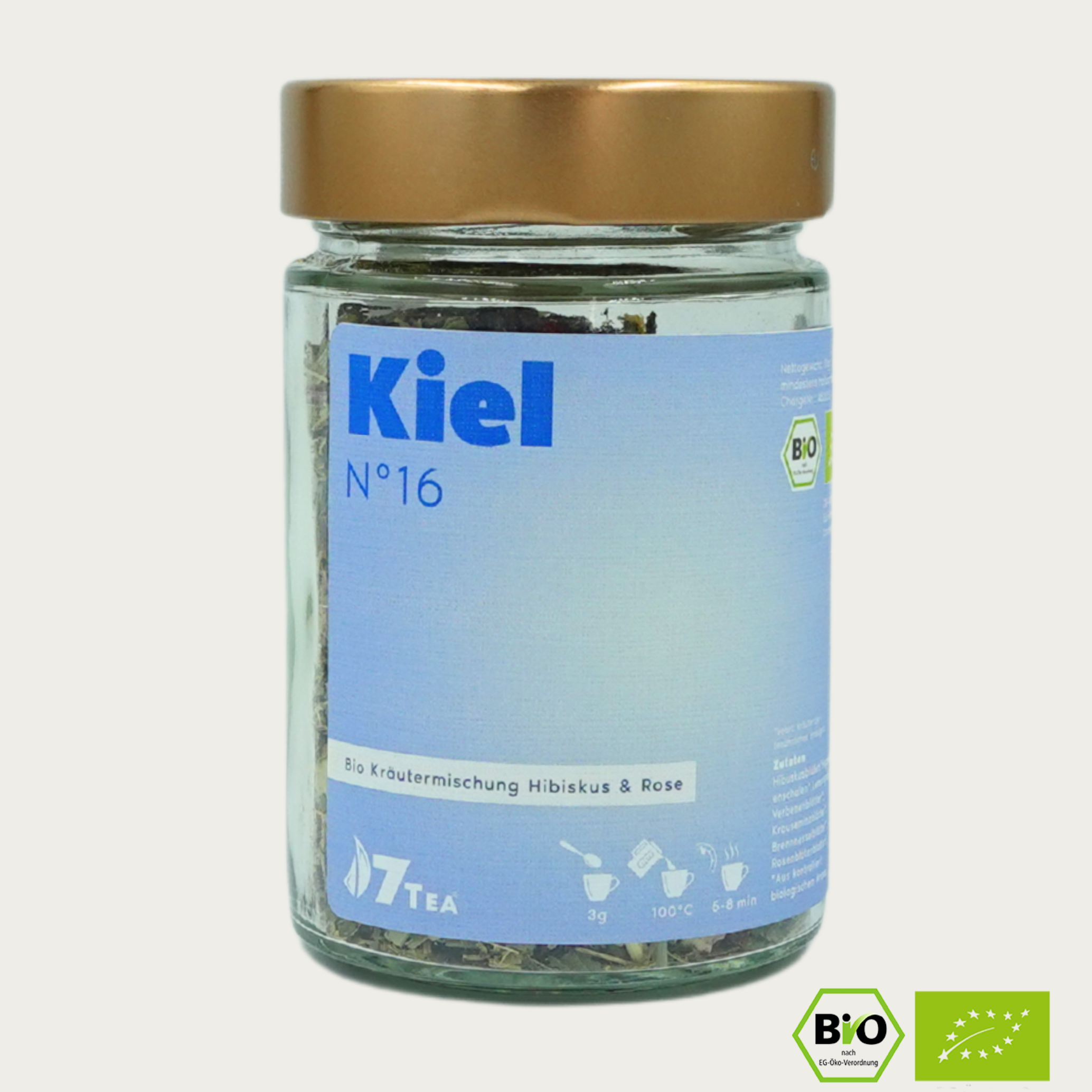Fennel tea for children and pregnant women – safety and risks
Table of contents
- Introduction
- Fennel tea: A popular home remedy
- Safety of fennel tea in children
- Fennel tea during pregnancy
- Possible risks and precautions
- Alternatives to fennel tea
- Conclusion
1 Introduction
Fennel tea is often valued for its calming properties and as a remedy for digestive problems. But how safe is it for children and pregnant women?
2. Fennel tea: A popular home remedy
Fennel tea is traditionally used to relieve digestive problems such as gas, cramps and bloating. Its calming properties also make it popular for mild colds.

3. Safety of fennel tea in children
For children, especially infants and young children, fennel tea should be used with caution. Although it is often used to relieve colic, there are concerns about the active ingredients in fennel, which can be harmful at too high a dosage.
The “Pediatricians & Adolescent Doctors Online” page warns against giving fennel or other types of tea containing the active ingredient estragole to children under 4 years of age. From 4 years, only rarely and with caution.
The question of whether fennel tea can be carcinogenic to children is complex and the scientific literature offers different perspectives:
-
Some studies, such as those by Basaglia et al. , suggest that fennel tea may be genotoxic and carcinogenic due to the ingredient estragole. Estragole has been identified as a carcinogen in experiments on rats and mice.
-
Other studies, such as those by Karami et al. and Divya D. , however, report that fennel tea is not carcinogenic to children. In particular, Divya D. mentions that fennel tea should not be consumed by children due to its estrogenic effects, especially individuals who are sensitive to estrogen and have an increased risk of cancer.
-
The study by Mihats et al. shows that daily exposure to estragole from fennel teas in children is between 0.15 and 2.93 µg kg⁻¹ d⁻¹, indicating a potential health risk.
-
Other sources, such as the work of Monien et al. , Iten and Saller and others, provide no clear information about the carcinogenic properties of fennel tea specifically for children.
In conclusion, the scientific community does not give a clear answer to the question of the carcinogenic effects of fennel tea in children. Concerns are raised about the ingredient estragole, but there is also uncertainty and the need for further research. It is recommended to be careful when giving fennel tea to children and, if in doubt, to consult a doctor or nutritionist.
4. Fennel tea during pregnancy
During pregnancy, it is important to pay attention to the consumption of herbal teas such as fennel tea. Certain components of fennel could potentially promote contractions and should therefore be consumed with caution.
Here too, fennel should be completely avoided during pregnancy and breastfeeding. However, many midwives still recommend this, as it could pose a potential danger.
5. Potential Risks and Precautions
Fennel contains essential oils, including anethole, which can be toxic in high doses. It is important to pay attention to the recommended dosage and to consult a doctor if you are unsure.
6. Alternatives to fennel tea
There are several alternatives to fennel tea that are considered safe for both children and pregnant women. These include chamomile tea and ginger tea, but here too, the correct dosage is observed.
7. Conclusion
While fennel tea has many benefits, it is important to exercise caution when using it for children and pregnant women. If in doubt, medical advice is recommended.



